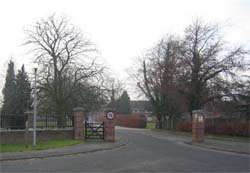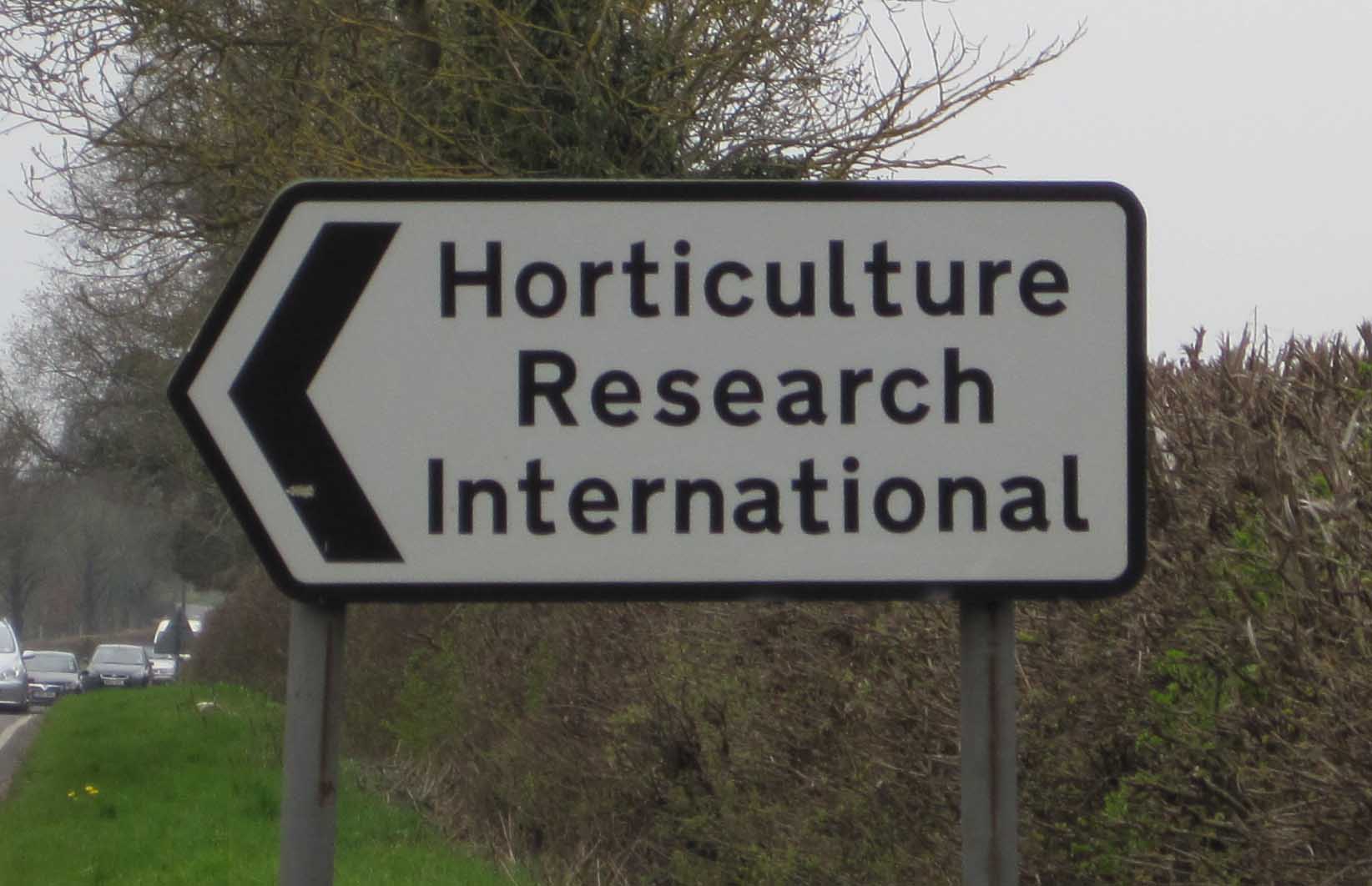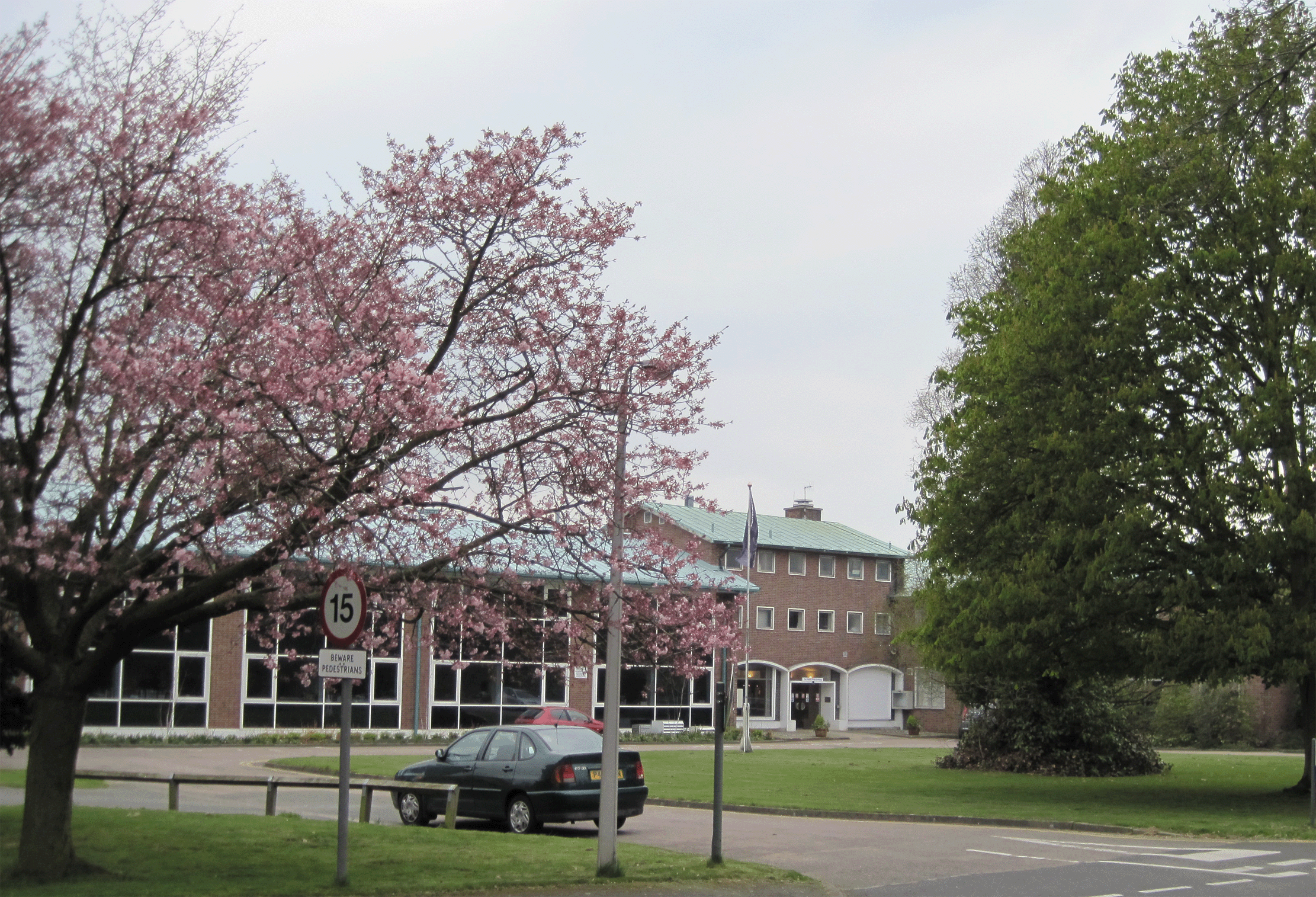|
What's Going On @ Wellesbourne?
****JavaScript based drop down DHTML menu generated by NavStudio. (OpenCube Inc. - http://www.opencube.com)****
|
 |
|
Google Group for Staff & Scientists
@ Wellesbourne These pages are aimed to help save the Warwick (HRI) Research station. I (Charlie Clutterbuck) can make alterations easily, so please let me know. The menu used here is not fully supported in Google Chrome browser - the back buttons dont work |
Warwick (HRI) Closure
The Warwick University RAE 2008 submission proved that HRI was ranked top! In May 2009 they said "Wellesbourne is safe" yet soon after an Internal plan for 'reorganisation' is released. Details of Controversial Plan (pdf) Breaking News - Warwick University Council are considering setting up an Applied Crop Research Centre @ Wellesbourne See "latest" Joined up thinking? It really beggars belief this closure is happening now; when people are being urged to eat more veg for better nutrition, others see that vegetable are important for improving UK food security, and many are trying to work out a more sustainable agriculture. DEFRA has a Fruit and Vegetable Task Force considered a priority by the government's Food Policy Advisers (Section 3 Priorities pdf) and there are many local intitiatives (eg Todmorden and London 2012) encouraging people to grow more vegetables. Yet, the best vegetable research source is being closed down. For more of this, see case to make in menu. Enough is Enough In the last 20 years there has been a staggering decline in the number of publicly funded agricultural & horticultural research stations. Public research can deal with issues common to all growers and farmers - like more rot due to using less powerful fungicides. Yet most public 'land sciences' - including fruit (Long Ashton), agric engineering (Silsoe), terrestrial ecology (Monks Wood), hops (Wye), and others have been shut or moved to Universities (pdf). At best these now depend on short term funding, which is completely inappropriate for land sciences. The Glasshouse research station at Littlehampton was closed and moved to Wellesbourne. The Soil Survey, that was previously housed at Wellesbourne, has gone, despite 12-15% reduction in soil carbon over the last 20 years (Nature). RASE (pdf) says there is a serious lack of soil scientists to ensure soil health. The most famous agricultural college - Wye College, London University has closed for teaching. You can not now get a degree in Horticulture in the UK. There is virtually no public UK fruit breeding. Review of Horticultural R&D 2008 (pdf). Rothamsted is threatened with 10% cuts and there are concerns at Ryton. What the Royal Society have to say about all this in "Reaping the Benefits" See 'Eighties' and later (in menu) for more details.
|




